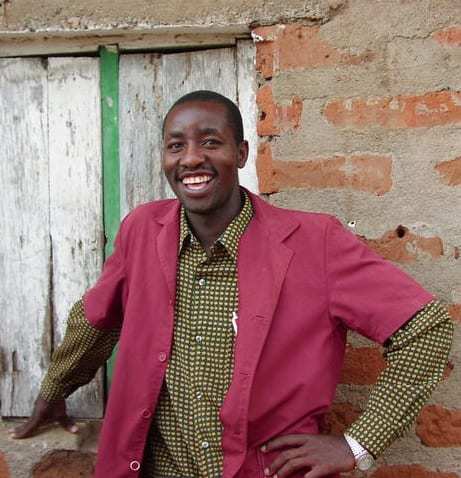Healthcare service areas such as maternal care and epidemic management are benefiting from this technology.
Mobile health technology is starting to reveal how important it could truly be in improving the healthcare services that are available to people throughout developing nations, as a growing number of case studies are starting to reveal.
Among the various case studies, the Ebola outbreak in western Africa was a prime example.
That said, helping to share information with people using cell phones in order to help to bring the outbreak of Ebola under control in Africa was only one of a number of different ways that mobile health tech has been proving itself. Another area that it has been very strong in developing nations has been in providing maternal medical care. Impoverished areas where expectant mothers and new moms may not have had any access at all to prenatal and early parenting services can now obtain a great deal of information and assistance through their mobile devices.
A new report has provided considerable insight into many fields that can benefit from mobile health.
 The report was issued by the Center for Technology Innovation at Brookings. That report pointed out that mhealth tech can be used for areas including maternal healthcare and disease epidemic management, but also in assisting those in developing nations who are living with chronic conditions.
The report was issued by the Center for Technology Innovation at Brookings. That report pointed out that mhealth tech can be used for areas including maternal healthcare and disease epidemic management, but also in assisting those in developing nations who are living with chronic conditions.
Areas that are proving to be particularly helpful are those that involve the use of wearable technology devices that can help to track patient health, as well as telehealth platforms that can assist in tracking but also in information sharing. This is helping to improve the effective of diagnoses and treatments in these regions, even among people in rural areas who can’t make it into a local village or city where a doctor or hospital is available.
Mobile apps and remote monitoring tools have started boosting the number of benefits that are becoming available to certain critical healthcare workers, such as midwives, as well. Patients aren’t the only ones who are learning through mobile health technology devices and services, as certain workers are able to keep up with the latest techniques and methods in order to improve the care that they are able to provide.
